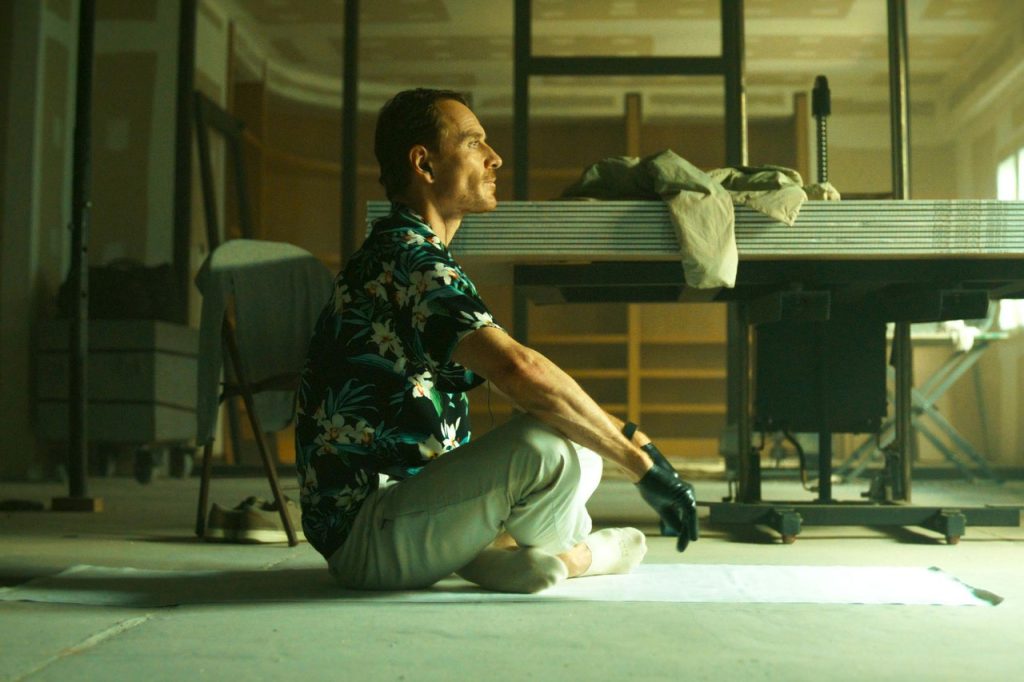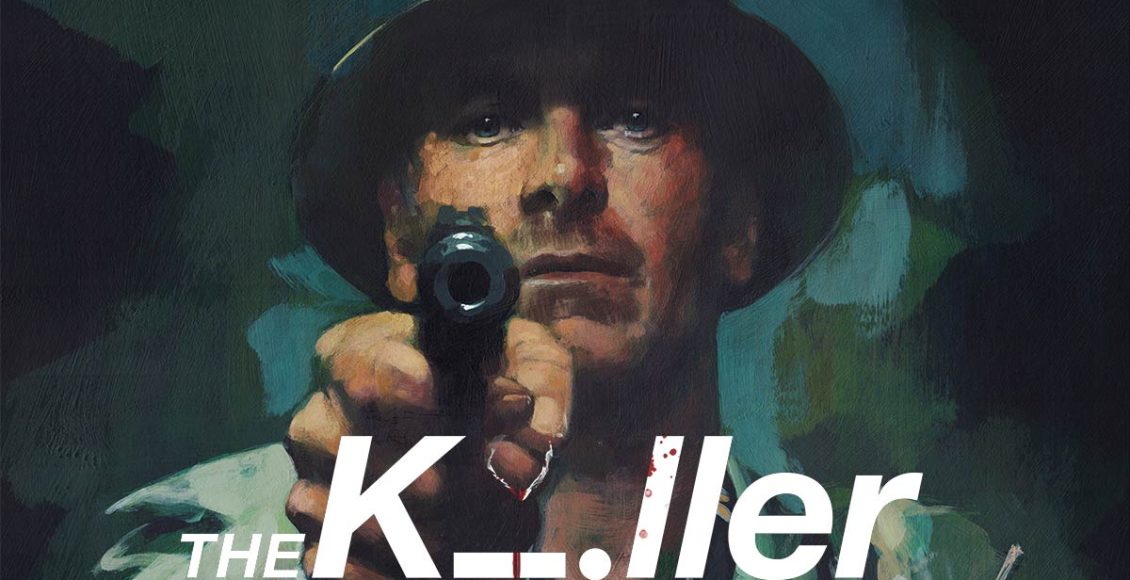THE KILLER Review (Netflix) Delve deep into the details of the working methods of the assassin with David Fincher style.
THE KILLER
Summary
In summary, this film primarily showcases the director David Fincher’s signature style, characterized by a calm and methodical storytelling approach that explores every aspect of the hitman’s work, almost entirely without any character dialogue. Instead, the story relies on narrations to convey various emotions and thoughts. This unique approach creates an unusual and intense atmosphere, but it also leads to moments of tedium and fails to realism. However, for those who appreciate David Fincher styles, it’s still worth giving it a try.
Overall
6.5/10User Review
( votes)Pros
- The film delves into the detailed workings of a hitman’s profession.
- Directed by David Fincher and starring Michael Fassbender.
- It doesn’t emphasize dialogue but relies on narration.
Cons
- There are many scenes that appear to contradict reality.
- There are extended periods with excessive narration, leading to some time-wasting.
THE KILLER An original Netflix film from director David Fincher (“Seven” and “Fight Club”), After a fateful near-miss, an assassin battles his employers, and himself, on an international manhunt he insists isn’t personal.

THE KILLER Review (No Spoilers)
With the esteemed reputation of director David Fincher and Andrew Kevin Walker, the screenwriter of “Seven” (adapted from the novel of the same name by Alexis Nolent), along with actor Michael Fassbender, expectations for this work were high. The writer himself admires the works of both the director and the writer. However, in this particular story, everything flips against the concept of an assassin trying to make things seem realistic—it instead appears evidently fake from the start.

The attempt to make things seem realistic in the story begins with the protagonist having no name and almost no dialogue throughout. Instead, the film employs character narrations to convey the character’s thoughts and actions to the audience, using a quasi-teaching lecture approach to describe the step-by-step process of his work. The movie divides the story into chapters, such as the opening scene where the hitman has to patiently wait for his target in silence for a long time. During this segment, which lasts for about 15 minutes, it seems as though the film is testing whether the audience can endure the boredom along with the character in this story (which the writer himself acknowledges can be quite boring and even lead to nodding off).
 However, it’s a good thing that the narrative no longer follows this style after that point. The movie delves into the hitman’s detailed work process, explaining every aspect, starting from the destruction of various pieces of evidence, escaping to a safe haven abroad, and culminating in the stage where he must carry out a personal mission (though the protagonist insists it’s not about personal revenge). It’s a relentless pursuit, tormenting the target to extract information, seeking vulnerabilities, and finally executing the mission, all done entirely by himself. The film presents this part effectively, emphasizing the calm demeanor of the hitman. It also features action scenes between the hitman and assassin target, which take place in a relatively dark room, consistent with David Fincher’s directorial style. It captures the essence of the raw and intense emotions well.
However, it’s a good thing that the narrative no longer follows this style after that point. The movie delves into the hitman’s detailed work process, explaining every aspect, starting from the destruction of various pieces of evidence, escaping to a safe haven abroad, and culminating in the stage where he must carry out a personal mission (though the protagonist insists it’s not about personal revenge). It’s a relentless pursuit, tormenting the target to extract information, seeking vulnerabilities, and finally executing the mission, all done entirely by himself. The film presents this part effectively, emphasizing the calm demeanor of the hitman. It also features action scenes between the hitman and assassin target, which take place in a relatively dark room, consistent with David Fincher’s directorial style. It captures the essence of the raw and intense emotions well.
 While the movie may present the hitman’s work in great detail to make it seem realistic, at times, it contradicts the reality the film is trying to convey. like discarding weapons or personal items in a trash can on the street, walking about various locations in an age when surveillance cameras are widespread throughout cities like Paris. Moreover, the hitman travels worldwide without using any disguises, merely adopting a new passport name. In some scenes, he approaches the target directly in public places without killing them, especially in the ending where it strongly emphasizes that it’s not about personal revenge. Even though viewers may understand the intentions the story presents and what the protagonist holds onto, it still disrupts the realism of the narrative instantly.
While the movie may present the hitman’s work in great detail to make it seem realistic, at times, it contradicts the reality the film is trying to convey. like discarding weapons or personal items in a trash can on the street, walking about various locations in an age when surveillance cameras are widespread throughout cities like Paris. Moreover, the hitman travels worldwide without using any disguises, merely adopting a new passport name. In some scenes, he approaches the target directly in public places without killing them, especially in the ending where it strongly emphasizes that it’s not about personal revenge. Even though viewers may understand the intentions the story presents and what the protagonist holds onto, it still disrupts the realism of the narrative instantly.
As for the actors, Michael Fassbender is well-suited to the role of portraying a calm character, as he has played such roles throughout his career, like the android in Prometheus ‘s two installments. His role in this film seems like an easy one for him since he barely emotes. Despite the brief dramatic scenes with his wife, they are merely fleeting incidents in the story. Tilda Swinton has a very brief role to the extent that there isn’t a memorable scene.
In summary, this film primarily showcases the director David Fincher’s signature style, characterized by a calm and methodical storytelling approach that explores every aspect of the hitman’s work, almost entirely without any character dialogue. Instead, the story relies on narrations to convey various emotions and thoughts. This unique approach creates an unusual and intense atmosphere, but it also leads to moments of tedium and fails to realism. However, for those who appreciate David Fincher styles, it’s still worth giving it a try.

